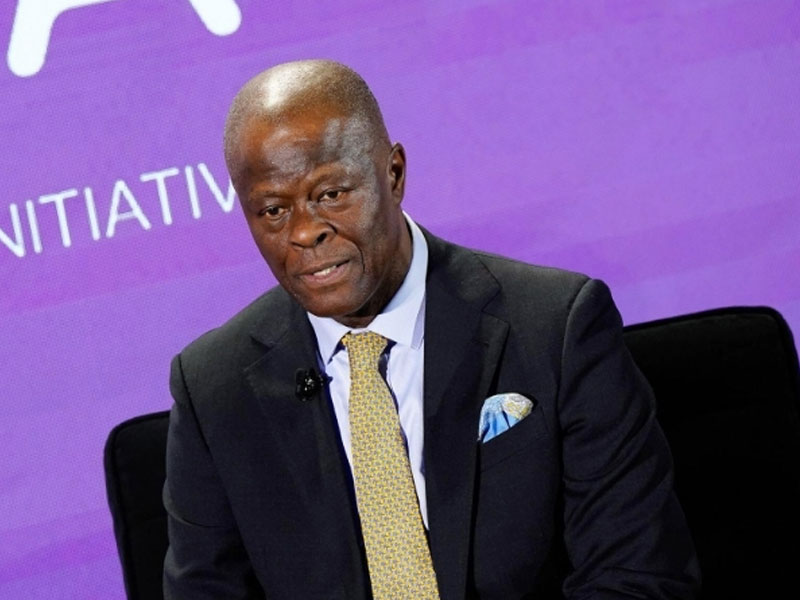Estimated reading time: 3 minutes
The announcement by the Federal Government of Nigeria that its revenue has exceeded budgetary targets is undoubtedly a positive development.

The Minister of Finance and Coordinating Minister of the Economy, Wale Edun, announced that the Federal Government’s revenue for the first half of 2024 has exceeded its budgetary targets.
Edun, who announced this at a press briefing in Abuja on Thursday.
He said, “I am pleased to report that our efforts have yielded tangible results. Aggregate Federal Government revenue for the first half of this year has more than doubled compared to the corresponding period in 2023.”
It suggests that the government’s revenue generation efforts are yielding results and potentially creating fiscal space for critical expenditures. However, a closer examination of the factors driving this surplus and its potential implications is necessary.
While the news is encouraging, it is essential to scrutinize the specific sources of this revenue increase. A significant portion of government revenue is derived from oil exports, a volatile commodity market subject to price fluctuations. If the surplus is primarily attributable to higher oil prices, its sustainability could be questionable. Therefore, a detailed breakdown of revenue streams, including non-oil revenues, is crucial to assess the government’s overall fiscal health.
Moreover, the effectiveness of revenue utilization must be considered. Merely surpassing budgetary targets is insufficient; the funds must be allocated efficiently and transparently to address pressing national challenges such as infrastructure development, education, healthcare, and security. Without a clear roadmap for expenditure, a revenue surplus could be squandered or mismanaged.
It is also important to note that while the government has exceeded its revenue target, it remains imperative to broaden the tax base and improve tax compliance. A robust and equitable tax system is essential for sustainable economic growth and reducing reliance on volatile oil revenues.
In conclusion, the news of the FG’s revenue surpassing its budgetary target is a positive development that warrants cautious optimism. To fully assess its significance, a comprehensive analysis of revenue sources, expenditure priorities, and the broader economic context is required. By effectively managing its finances and investing in critical areas, the government can leverage this surplus to drive meaningful progress for the nation.
Tags: Wale Edun, Revenue, Central Bank of Nigeria, Oil, Bola Tinubu, Olayemi Cardoso, Budget, Economy, Tax






